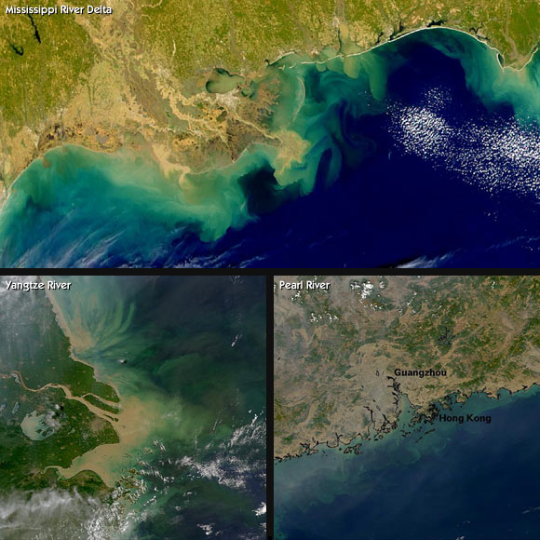2. Use Natural Shampoos, Soaps, and Cleaning Supplies
Most, if not all brand name shampoos + cleaning supplies contain chemicals that are just plain toxic for our oceans. (ie. Softsoap, Herbal Essences, Colgate, Windex, etc) Even products that say 'All Natural' and 'Eco Friendly!' tend to be bullshiz marketing schemes. Not only are alot of these additives toxic for the oceans, they are also toxic for our bodies + our babies! So we definitely gotta switch over.
For this one - there can be a lot of research involved, OR, in my experience you are playing it pretty safe if you only buy your hygeine + cleaning products at health food stores. Again, there are definitely a few products in those aisles that are still questionable, so how far into this you want to go is up to you, but for the most part, they are pretty safe.
Also, it feels way more luxurious and in line with self care to use high quality ingredients on your body and in your home.
I am a big fan of Sea Wench Naturals in my hair, I make my own face + body lotions, and I make my own cleaning supplies with vinegar and essential oils.
3. Steer Clear of Most Seafood, especially Shrimp + Farmed Fish
I'm sorry if this list seems big and scary, but it's so important to just face the facts.
Commercial fishing has gone so far out of control, that almost every old fisherman can recount stories of how abundant the seas were, to how minimal their catches are these days.
At the top of the things to watch out for in terms of seafood though, are shrimp and farmed fish.
Shrimp is 'caught' using a method called bottom trawling. The process involves a machine literally scraping the ocean floor until it's bare, bringing up the catch, only taking the shrimp, and throwing everything else back into the ocean, dead. The ocean floor is a complex and beautiful ecosystem, much like our forests. The act of bottom trawling, is therefore, much like clear cutting. It's a really sad thing. So... that's where the shrimp of the world comes from chicas.
These days, most salmon tends to be factory farmed (yet is often labelled wild for marketing purposes). There are also a host of other species that are now being farmed.
Some farms are completely enclosed in concrete vats, which is probably the best for the ocean, though still seriously impacts human health, as these fish are filled with antibiotics and even colour enhancing chemicals to make their unhealthy flesh look pinker.
However, many fish farms are still out in the ocean, enclosed in with nets. Diseased fish infect the wild populations, while nasty antibiotics and chemicals drip openly in the sea. (Wild salmon stocks are currently in peril because of this, learn more here.)
I've also read about accounts of whale + seal deafening. Since farmed fish set their operations up in what was traditional feeding grounds for whales, seals, and the like, these animals obviously come hunting. They have broken through nets, and 'stolen' fish from the farmers, so it became a practice to put noise 'fences' up. These systems blast a very harmful sound pitch out into the ocean, so if a whale or dolphin comes near, their eardrums get blasted, disorienting them, and sometimes killing them. (Whales + dolphins use echolocation to swim + hunt.)
If you eat seafood, make sure to check out your options for sustainable seafood here.
4. Say No to Plastic as Often As You Can
Most people have head about the Gyres, the massive swirling plastic parties in the ocean. If you haven't, you can read up about the largest gyre, nicknamed the Great Pacific Garbage patch, here.
Plastic is everywhere these days, that's just how it is. But as consumers, we do have a choice in how much we use. From bringing our own bags to bulk bins (so we forego the plastic bag options) to saying no to plastic at the till, there are little things we can do everywhere.
Buy the spinach in a bundle, not in a plastic container. Bring your own water everywhere with you so you never have to buy plastic water bottles. The more conscious we can be about this, the better!
Oooh. Wow. So much is going on. There's so much we can do, but it requires us to be open eyed and willing to face our demons, for the earth is our home, humanity is our family, and if one of us is in trouble, we all are.
Remember, we're here to help!
I love you mermaids, let's lead by example.
xo Beth




































